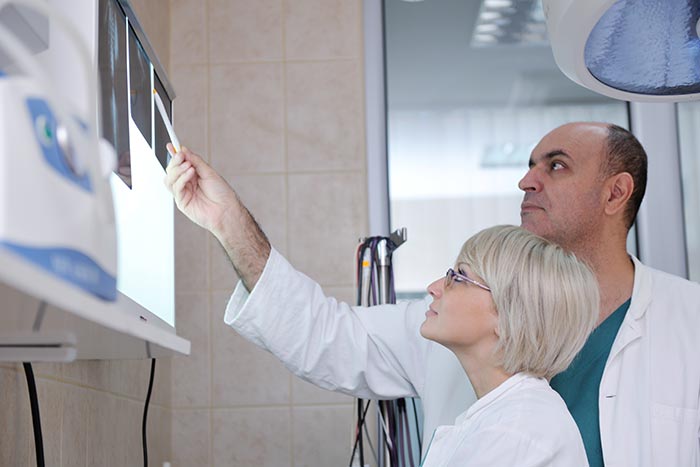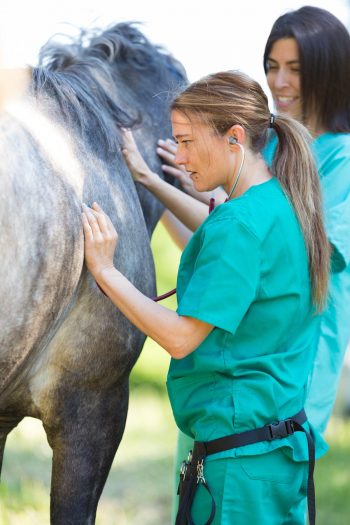Millennials are stereotypically considered lazy, entitled and always wanting something for nothing. And having previously discussed the many advantages of employing new graduates (and, therefore, millennials), this sort of labelling angers me.
The choices our generation makes are not due to lack of work ethic and naiveté about the future, but rather a reflection on the hand we have been dealt by society.
Recent statistics show the average baby boomer had to save for 3 years for an average-sized house deposit in comparison to the predicted 19 years it would take for millennials to do the same. By the age of 30, the number of millennials still renting is double that of their predecessors in “Generation X”.
At my age, my mother owned a house, had her first child (yours truly) and had been married. I can’t even comprehend the possibility of being able to afford one of those things at this stage in my life, let alone all of them.
We may prioritise our meagre disposable income in different ways, but, despite all the jokes, our love of avocados and lattes are not the reason we can’t afford to get on the property ladder. (For the record, I can’t stand avocado).
Unyielding abyss

It is excruciatingly impossible to save enough in today’s financial climate to even consider a house deposit, while pouring money into the unyielding abyss of renting.
One of the biggest snags in the rental black hole is the deposit and associated agency fees. Shortly after leaving university, I had to magic £1,500 out of somewhere to rent a place close to my first job (and that’s a lot when your bank account hasn’t been above zero since you started uni).
Six months after that, I was faced with having to do the same again because I quit that job.
As vets, we bang on about being happy, having a supportive first job and leaving if it’s not right. That’s all very well, but what if you’re trapped financially?
I didn’t give much thought to my financial situation at the time because I was too unhappy to carry on. While I think it was ultimately the right decision for my mental health, I would carefully consider my situation before doing it again – two months of no salary left me in a very vulnerable position, and if it had been much longer, I would have been in serious trouble.
Luckily, I was offered accommodation for my second job, which was an enormous help, taking the burden of having to find a deposit again off my mind. This is one of the benefits of being a vet as a millennial – very few other jobs would offer a house as part of the package.
If you have to repeatedly uproot and keep forking out for rental deposits every time your circumstances change, it’s easy to appreciate how quickly you can find yourself in a mess.
And for me and my classmates, this is while holding down a respectable job with supposedly “good pay” for someone of the same age. But is the pay all that “good”?
Non-vet friends
My non-vet friends earn varying amounts dependent on their careers or jobs, but these certainly include plenty of non-professionals earning far more than me. However, multiple factors need consideration here.
Those who didn’t go to uni have six years of “work experience” and climbing their respective career ladders more than me. Those who did go to uni have a two or three-year head start, which is significant in certain industries.
While it’s understandable they have had more time to progress in the world of work, that doesn’t entirely quieten the resentment at having put so much money, blood, sweat and tears into a professional degree without the remuneration to reflect that.
And while we may have a decent starting salary in comparison to other graduate roles, we are very quickly overtaken.
The ceiling salary of the GP vet is a much-discussed topic, with an increase in salary seen early on, but thereafter very little difference is seen, despite further years of experience. In the current financial climate, the traditional partnership route becomes less and less tangible for the millennial veterinary graduate.
I struggled to be approved for a credit card, and with the very real possibility of never owning a house, I wouldn’t dream of asking for a loan for the kind of money needed to buy into a practice – and I think I’d be laughed out of the bank if I tried.
For my generation, the type of career, and therefore salary progression, is just not what it has been for previous generations.
Enjoy life in present
Perhaps this is why we value work-life balance more than our predecessors – for them, they worked hard in their early careers because there was a light at the end of the tunnel, being partnership.
Many of my millennial colleagues don’t even consider that as a possibility, with many of us not really knowing what we want to do long-term career-wise, and so we take each day as it comes, not just trying to survive, but striving to enjoy life in the present.

It deeply upsets me that vets are still perceived as rich money-grabbers. I am not a rich vet, I’m just a millennial, struggling to make headway in an economy set up to put young people on the back foot.
The difference between me and my desk-bound friends, however, is I have the privilege to do a job that I love, and while it comes with all manner of stress, it’s worth it for being able to care for someone else’s beloved pets.
At the end of the day, though, millennials are all in the same boat – we’re still young adults driving battered cars with bleak property-buying prospects.
We didn’t choose to inherit this situation. We’ve drawn the short straw in the birthdate lottery, so all we can do is live the millennial lifestyle and enjoy our lattes and avocados.















 But I did know how to consult, interact with clients, break bad news, and offer and carry out euthanasia with the client in the room. These are the things you don’t really learn until you qualify; the small things that make a difference between being a startled- looking graduate in your first week being asked “is it your first day?” by a client, and a recent graduate who can give a calm impression of confidence and knowledge (even when you’re a little unsure).
But I did know how to consult, interact with clients, break bad news, and offer and carry out euthanasia with the client in the room. These are the things you don’t really learn until you qualify; the small things that make a difference between being a startled- looking graduate in your first week being asked “is it your first day?” by a client, and a recent graduate who can give a calm impression of confidence and knowledge (even when you’re a little unsure).


